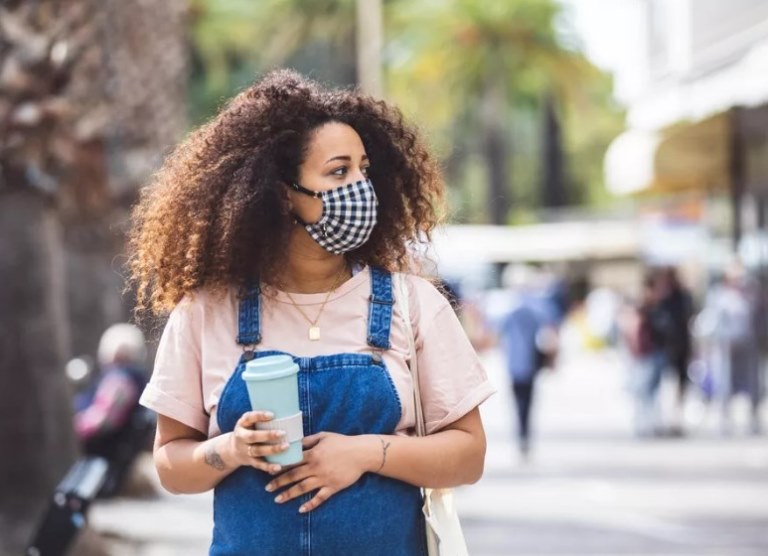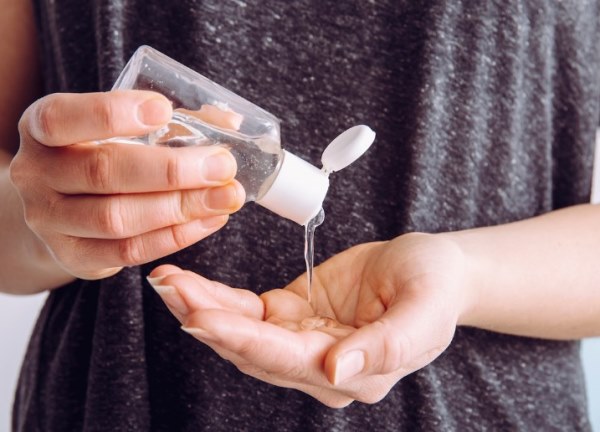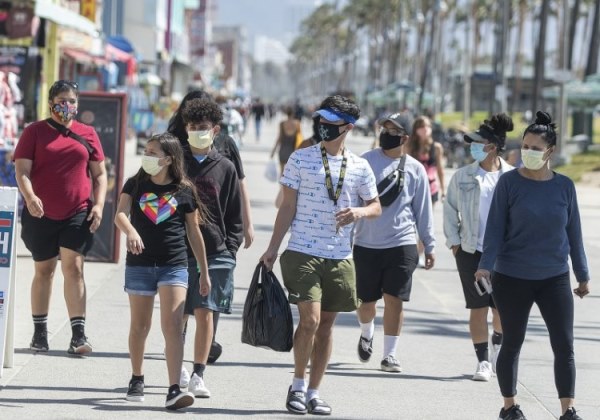Dirty and unhygienic public spaces can make a localized infection escalate into a global healthcare emergency. The Covid-19 is a testament to this fact. Several germ hotspots facilitate the spread of harmful viruses and bacteria from one person to another, including public toilets, commercial spaces, doors, railings, etc. Every step you take, every breath of air you breathe, and every surface you touch exposes you to the risk of catching an infection.
However, public places are not the only problem. No matter how many times public health workers and healthcare professionals stress its importance, people still tend to neglect personal hygiene when out and about their work. You will be shocked by the number of people who sneeze or cough without covering their faces or leave the restroom without washing their hands.
Though, the pandemic has increased awareness and interest in matters related to public health. Public health officials are working harder to ensure people are aware of safety and preventative tips in public spaces. Similarly, law enforcement agencies are ensuring that SOPs are being followed correctly.
There has also been a rise in potential lucrative career opportunities in the public health sector post the unprecedented events over the last few months. And the increase in popularity of distance learning programs in healthcare couldn’t be more opportune.
So if you’re keen on branching into a related career, consider enrolling in a masters in public health online and upskilling yourself. It will enable you to spread more awareness about public health issues and help people live healthier and safer lives.
Still, it is a daunting task to stay perfectly safe from infections while in public. But worry not, here are a few tips to ensure your safety.

Contents
7 Tips to Keep Yourself Safe From Diseases In Public Spaces
Don’t get close to others
The closer you are to any other person in public places, the higher the chances of catching contagious diseases. Not just coronavirus, but there are a lot of other viruses that spread from person-to-person. Ensure to stay at least 6 feet apart when infection rates are high. Keep in mind that even kids can be suffering from diseases and might not show visible signs and symptoms. Therefore, as adorable as they may seem, avoid hugging, cuddling, and pulling their cheeks because they’re cute. Avoid crowded places as much as you can. And make alterations to your routines, such as go grocery shopping during off-peak times to avoid people.
Stay prepared
It would be best always to have tissues, wet wipes, sanitizers, and soaps in your bag. If you have space, keep a face wash too. If you are out for a whole day, your hands and face could get grubby, and germs and bacteria can easily cling to unclean skin for longer. By keeping a few sanitizing essentials with yourself at all times, you can clean your face and hands clean, which brings us to the next point.

Sanitize frequently
Practicing good hygiene will help you abate the risk of contracting many infections in public spaces. Therefore, use your sanitizing essentials frequently when you’re outside your home. Touching a contaminated surface and then touching your body with the same hand might get you infected. Frequently sanitizing is the only way to avoid this. Other than this, wash your hands properly, especially after using public restrooms.
Practice personal hygiene
Try to shower twice daily. Showering in the morning helps you start the day fresh while showering in the evening will wash off any germs your body and hair may have accumulated throughout the day. Your skin picks up germs while you are outside, traveling to work, meeting people, and even while sitting at your desk. Ensure to give yourself a deep cleanse bath with warm water and clean your fingernails and toes too. Try using an antiseptic and antibacterial body wash.
Avoid cuddling pets
No, we are not talking about your pets. Cuddling with your pets is fine as long as you keep them clean. However, cuddling your friend’s dog or letting your friend’s cat sit on your lap might be a little problematic. Many cats carry bugs in their fur that can transfer to your skin and clothes. If you can’t stop loving these furry creatures, then try washing your hands thoroughly afterward and put your clothes in the laundry. Also, avoid cuddling with stray animals.

Clean and disinfect your office space
Office desks and door handles/knobs are among the germiest of spots. Especially the doorknobs- hundreds of people touch these every day, and the risk of catching an infection is extremely high. Try to disinfect the high-touch surfaces daily. It includes tables, light switches, doorknobs, countertops, desks, keyboards, faucets, and sinks. Clean dirty surfaces with detergent and soaps. If you are sick with mild symptoms, avoid going to the office as you might spread your illness to your coworkers.
Cover your face
With vaccinations under full swing and restrictions being lifted in some parts of the world, people don’t have to wear masks anymore. However, covering your face if you were sick had always been an essential precautionary measure, even before Covid-19. But like we said earlier, people were neglectful. Airborne infections and air pollution can cause severe harm to your health. Therefore, cover your face with a mask to avoid inhaling air during peak infection seasons and when the AQI is high.

Conclusion
Public health and safety have gathered considerable attention, especially over the last few months. In order to stay safe from infections and disease, it is necessary to adhere to a few simple practices. Do not stand too close to others. Always keep sanitizers and tissues with you. Avoid unnecessarily touching filthy surfaces and keep your office clean. Last but not least, shower every day!
Leave a Reply
You must be logged in to post a comment.